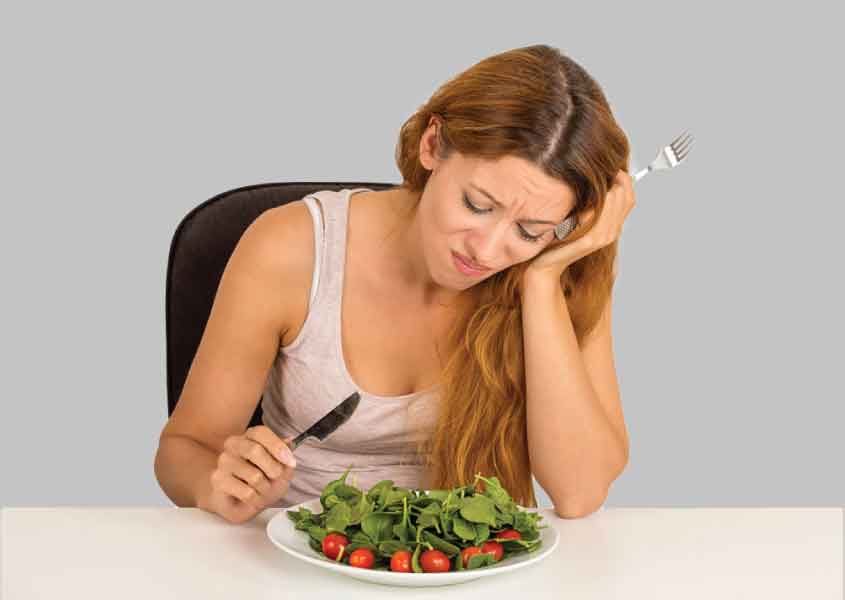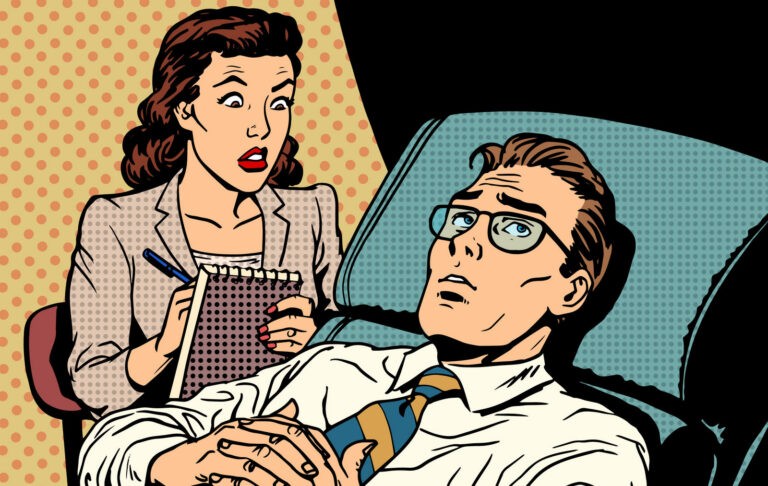There is a link between a vegetarian diet and a range of psychological disorders, like anxiety and depression, a new study concludes with defining certainty. But why are vegetarians so depressed? If we are vegetarian (or God forbids vegan), does this mean that we are more susceptible to depression? Is there more to this story?
Link Between Vegetarianism and Depression
Journal of Affective Disorders has published a new article that demonstrates a clear link between a vegetarian diet and depression (Ocklenburg & Borawski, 2021). This meta-analysis combines the outcomes of many different scientific studies, some which concluded that vegetarianism can increase the chance of depression, while other studies suggested the exact opposite of this.
Altogether, it analysed the sample of approximately 50,000 participants, where 8,000 were vegetarians and 42,000 were meat-eaters.

Results of the Analysis
Study showed that vegetarians have a higher predisposition towards depression compared to meat-eaters. Yet, this correlation did not imply causation, making it unclear whether vegetarians are depressed because of their diet or for some other reason.
A clue to this mystery is found in a different study, which analysed the relation between vegetarianism, depression, and other mental disorders (Michalak, et al., 2012). It unveils that individuals who switched to a vegetarian diet did so only after they were diagnosed with depression, anxiety, or other mental disorders, meaning that depression caused them to become vegetarian.
The authors of this research narrowed down this behavior to three possible reasons;
- Vegetables and fruits are part of a healthy diet and support a healthier lifestyle. So individuals may change their diet, consciously or unconsciously, in favor of their mental health.
- People become more sensitive during depression and anxiety. They may feel the sufferings of the animals. This raised empathy for animals and forbade them from eating meat.
- Patients with mental health may be more anxious about their diet. Vegetables and fruits are considered to be healthier diets than meat. This fact leads them to quit meat.
What We Think About The Relationship Between Vegetarian Diet and Depression
When people feel bad they want to do something about their negative feelings, turning to different solutions to resolve these negative emotions. One solution that works towards this sense of positivity is indeed a healthy diet. It is a part of the Health Pillar of Happiness, which is in turn is part of Six Pillars of Happiness (for a full discussion of these Six Pillars of Happiness, please consult our book: Optimal Happiness: The Fastest & Surest Way to Reach Your Happiest).
We can indeed follow a vegetarian diet and become happier because of it, but we should never forget that this is only a part of the full solution. For the full solution on how to become happier (or less depressed) you can find in our already mentioned book or in our other programs.
References
1. Michalak J, Zhang XC, Jacobi F. (2012). Vegetarian diet and mental disorders: results from a representative community survey. Int J Behav Nutr Phys Act, 9, 67.
2. Ocklenburg S & Borawski J (2021). Vegetarian diet and depression scores: A meta-analysis, J Affect Disord, 294, 813-815.














